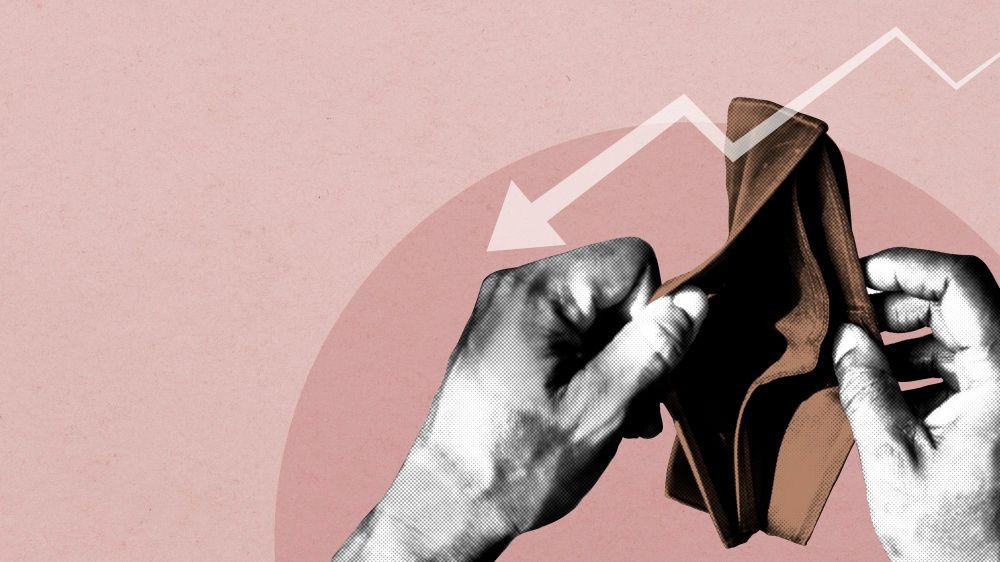
Indian Real Estate Debt Financing Set to Surge by 2026
The Indian real estate market is poised for a significant boost, driven by a surge in debt financing opportunities. According to a report by JLL India and Propstack, between 2018 and 2023, the sector saw INR 9.63 lakh crore in debt sanctions, averaging INR 1.61 lakh crore annually. Looking ahead, the market is predicted to see INR 14 lakh crore (USD 170 billion) in debt financing from 2024 to 2026. Mumbai, Delhi-NCR, and Bangalore are key beneficiaries, receiving 80% of past debt. Despite challenges like the IL&FS crisis and COVID-19, the sector's strong resurgence since 2021 indicates a promising future.
Debt Financing Opportunities in Indian Real Estate
Historical Performance and Future Predictions
The Indian real estate market is on track for a significant leap forward, fueled by a surge in debt financing opportunities. A new report by JLL India and Propstack, titled "Decoding Debt Financing: Opportunities in Indian Real Estate", paints a bullish picture for the industry.
The report reveals that between 2018 and 2023, the real estate sector witnessed a substantial amount of debt sanctions—a staggering INR 9.63 lakh crore. This translates to an average of INR 1.61 lakh crore sanctioned annually, demonstrating a consistent demand for debt financing within the industry.
Future Growth and Key Beneficiaries
The report gets even more optimistic when it comes to the future. Experts predict a massive debt financing opportunity of INR 14 lakh crore (USD 170 billion) in the Indian real estate market between 2024 and 2026. This significant increase of INR 4.37 lakh crore compared to the previous six years signifies a growing confidence in the sector and the potential for substantial development projects.
While the entire market is expected to benefit, the report identifies Mumbai, Delhi-NCR, and Bangalore as the frontrunners. These three major cities together received a staggering 80% of the total debt sanctioned in the last six years—a combined INR 7.70 lakh crore. This highlights their established infrastructure, strong demand for property, and attractiveness for investors and developers looking to capitalise on the boom.
Overcoming Past Challenges
The report acknowledges past hurdles, including the IL&FS and NBFC crisis of 2018 and the impact of the COVID-19 pandemic in 2020, which caused a temporary slowdown in the debt market. However, it emphasises that the real estate market's resurgence since 2021 has paved the way for a mutually beneficial environment for both lenders and borrowers.
With a robust past performance and a promising future fueled by debt financing, the Indian real estate market is poised for a period of significant growth, potentially attracting fresh investments and propelling large-scale development projects across the country.
Unlock the Latest in Real Estate
News, Infographics, Blogs & More! Delivered to your inbox.
“Data that drives action. Insight that inspires action. Technology that empowers action.“
“Data that drives action.
Insight that inspires action.
Technology that empowers action.“









